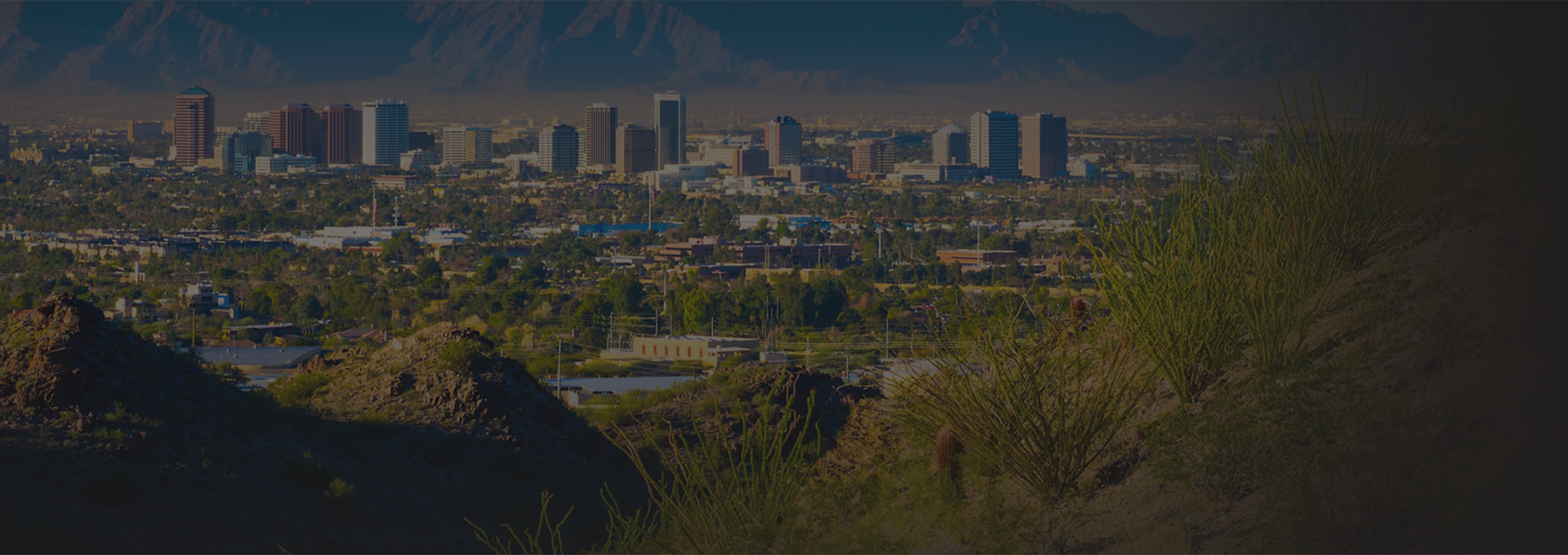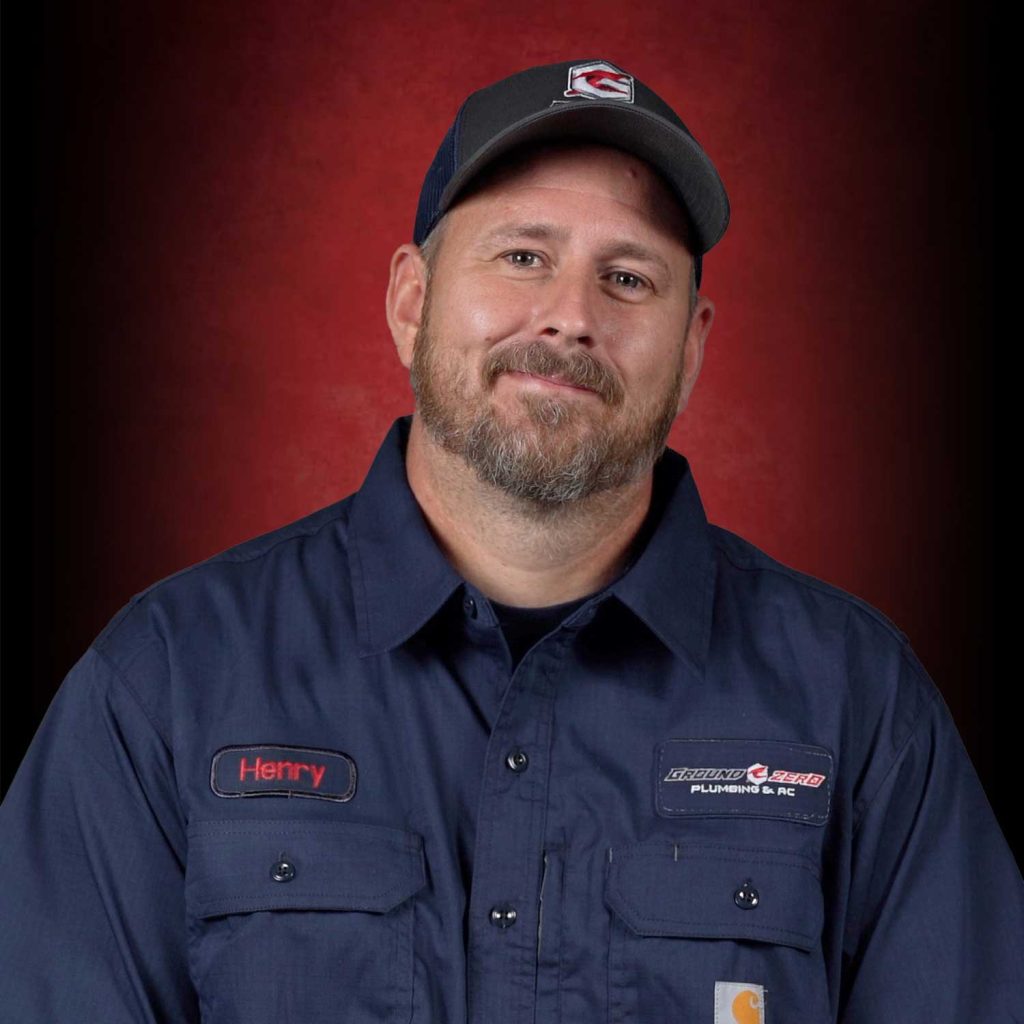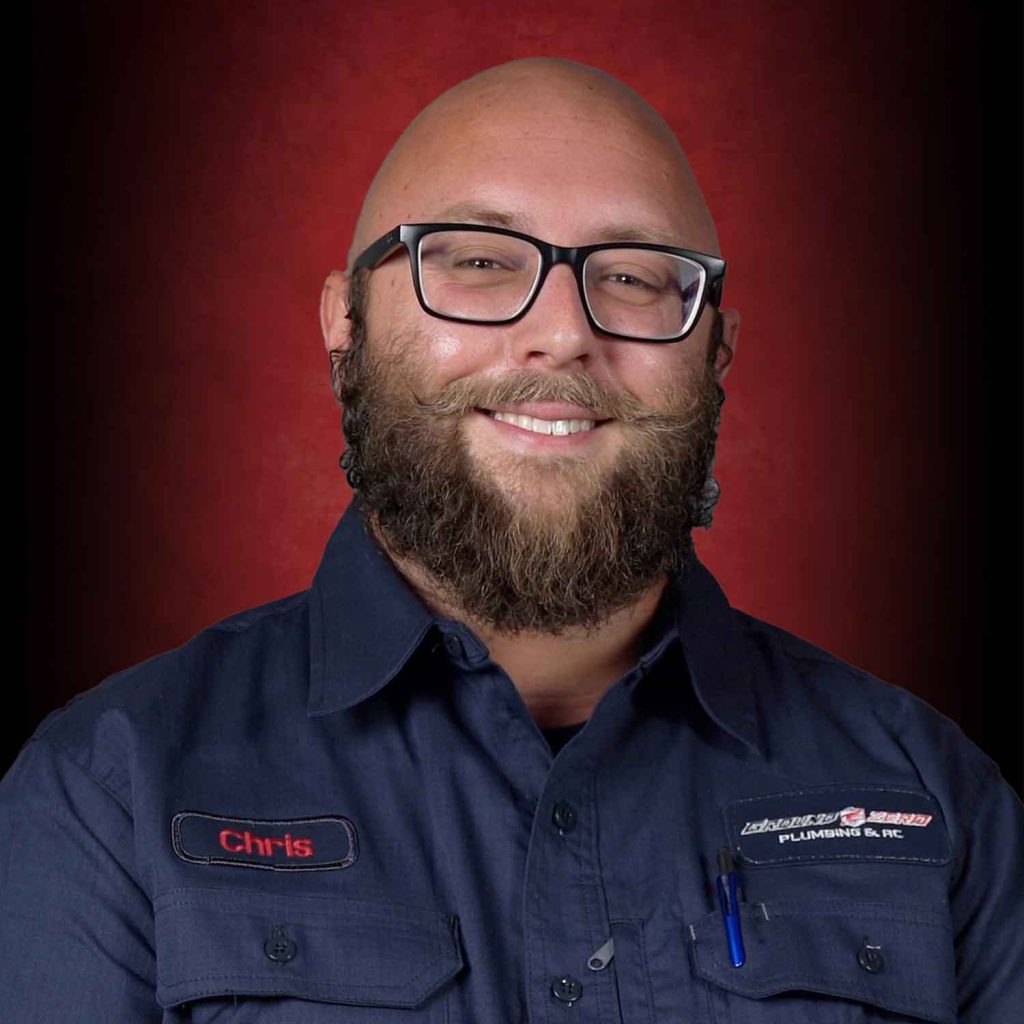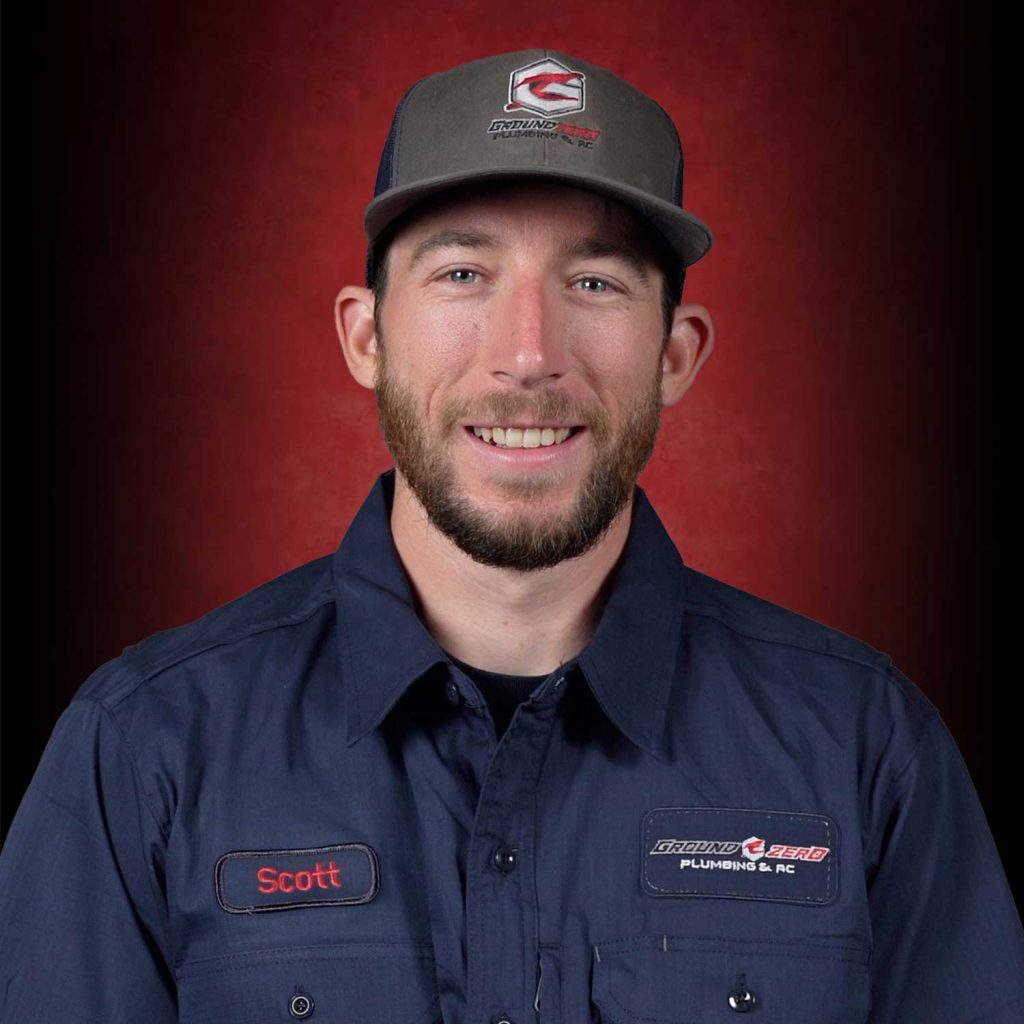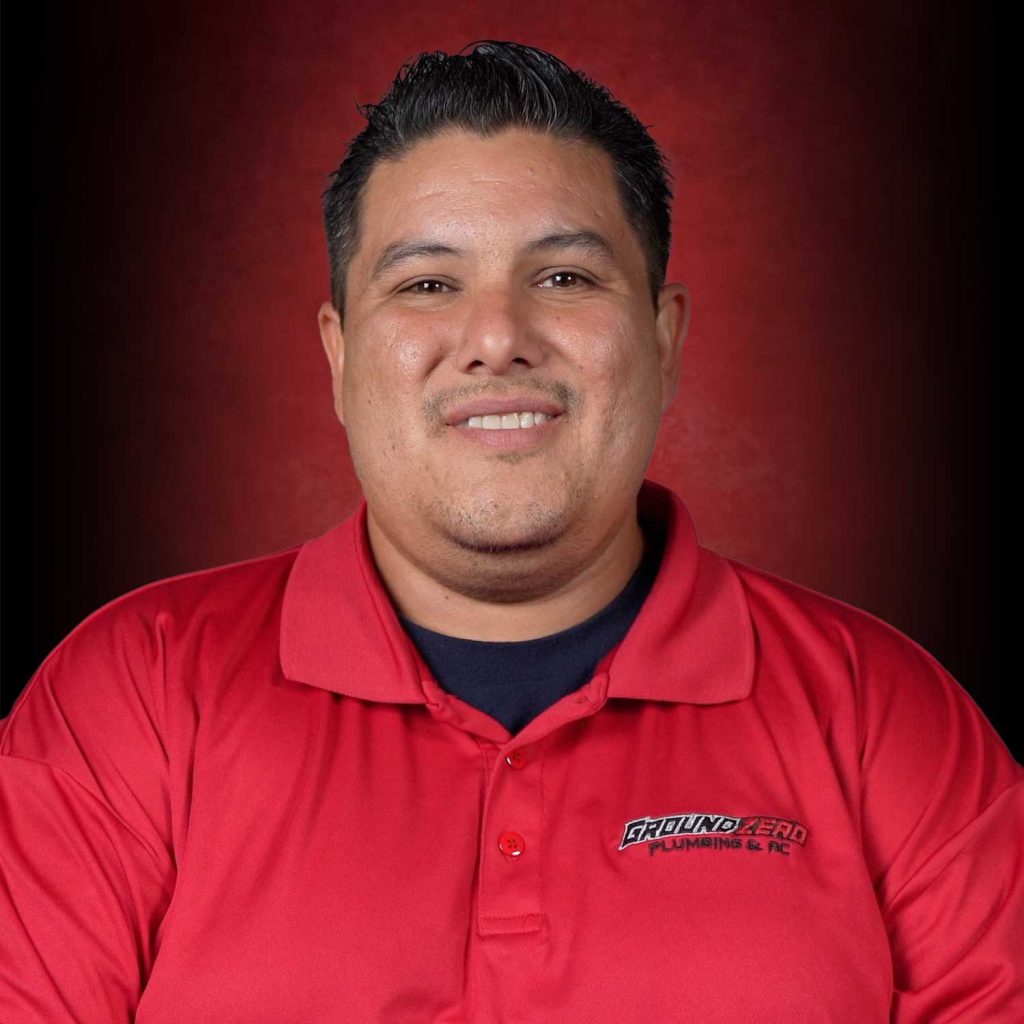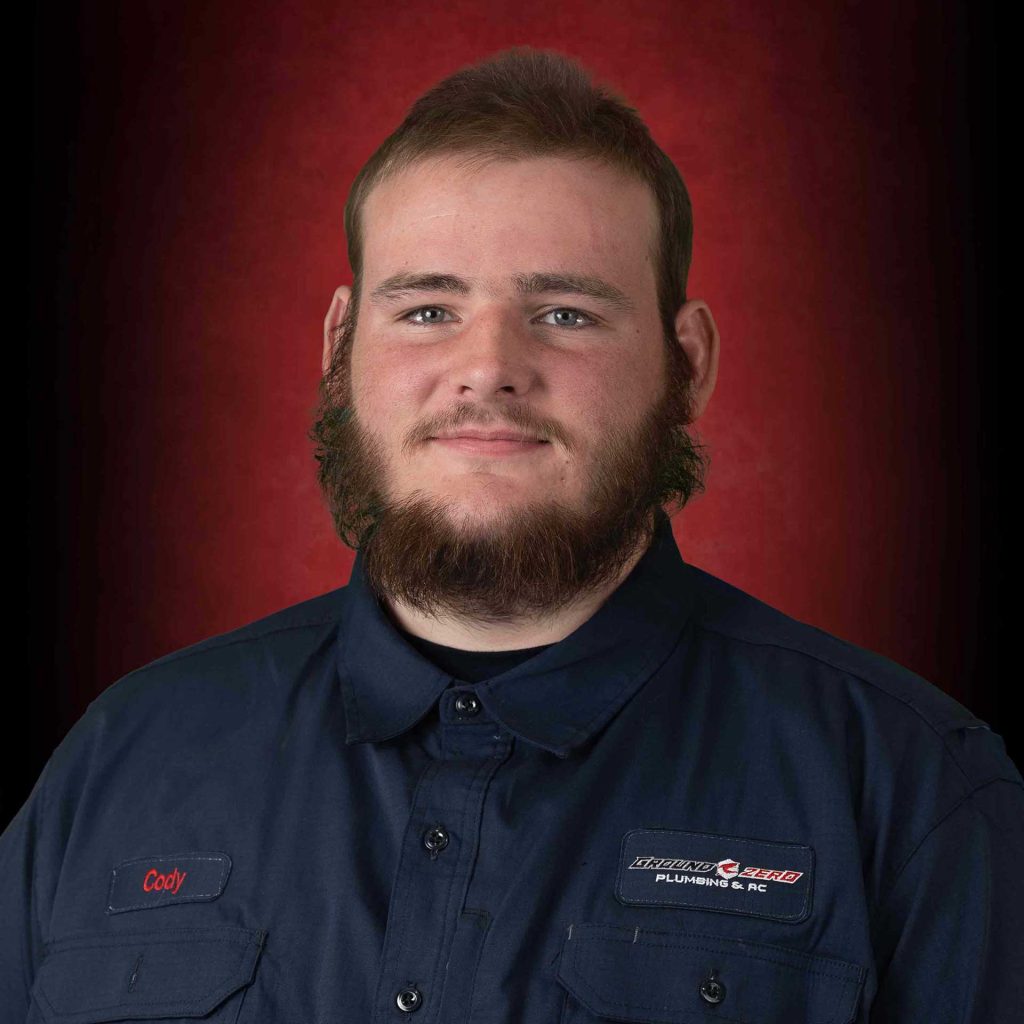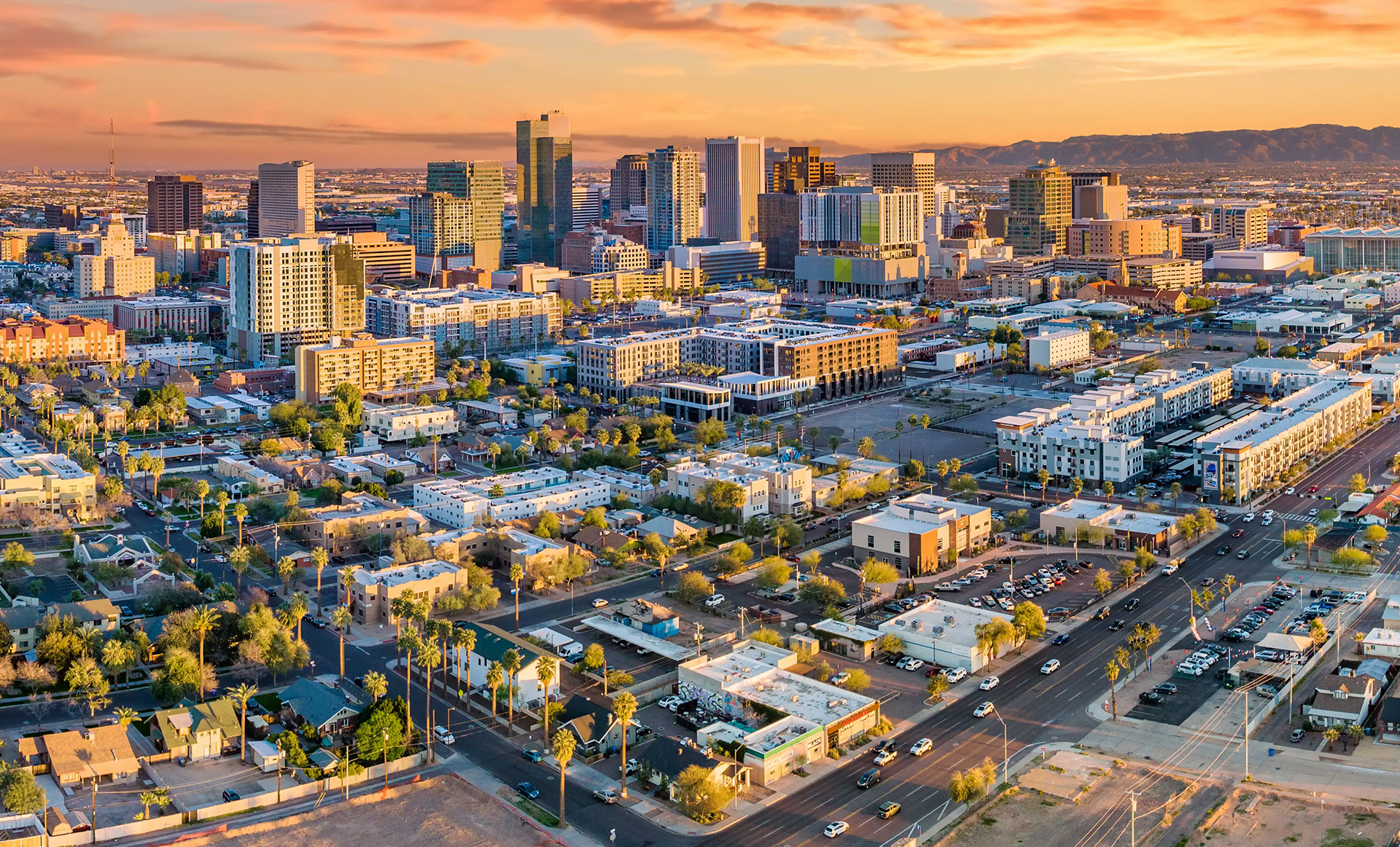Gilbert Leak Detection
Gilbert leak detection and slab leak repair services are what the 5-star plumbers at Ground Zero Plumbing & AC do best! Call 480-448-0603 for a fast and reliable leak detection or repair service today!
Water leaks do more than just waste water. Left alone, they damage walls, ruin floors, weaken structures, and lead to expensive repairs. It starts quietly. A small pipe crack behind a wall. A slow drip under a floor. Over time, it spreads. Water soaks into building materials, causes mold, and even risks electrical hazards. It’s not just plumbing at risk — it’s your whole property. That’s why at Ground Zero Plumbing & AC, we don’t wait. We find the leak, stop it, and fix it properly. Our teams are made up of people who know plumbing inside and out. We don’t guess or cover up the problem. We track it down and deal with it right the first time. No shortcuts, no surprises later.
Gilbert Slab Leak Detection
A slab leak is more challenging to spot but far more dangerous. It happens when a pipe under your concrete foundation breaks or cracks. You can’t see it, but it’s there — water slowly escaping, eroding the ground, loosening the foundation, and pushing cracks through floors and walls. Sometimes it feels like warm spots underfoot. Other times, it’s hairline cracks that seem to come from nowhere. When we get called for a slab leak, we approach it precisely. We don’t tear things apart blindly. We use careful testing to find exactly where the pipe has failed. Once we see it, we repair it properly. We know fixing a slab leak isn’t just about stopping the water. It’s about protecting the whole house from worse damage.
Gilbert Leak Location
When you need to find a leak, the last thing you want is someone guessing where it might be. We bring the right tools and experience to pinpoint the exact spot without unnecessary destruction. Here’s how we do it:
- Acoustic devices help us listen for the sound of leaking water even through thick walls or concrete.
- Thermal cameras pick up temperature differences caused by moisture hidden in walls or floors.
- Electronic leak detectors let us narrow the source without opening up half your property.
- Tracer gas is another way to find leaks when water alone isn’t enough to leave a clear trail.
Using these tools properly means we only open what’s absolutely needed, resulting in less damage, quicker fixes, and better results.
Gilbert Hidden Leak Detection
Hidden leaks are tricky because they don’t always show obvious signs. A small leak can go unnoticed for months, but that doesn’t mean it’s harmless. Every day it continues, it quietly damages wood, drywall, concrete, and wiring. Finding these leaks requires experience. It’s not just about tools. It’s about knowing what to look for — a slight discoloration, a musty smell, a floor that feels just a little too soft. We have teams trained to notice the things others miss. We follow the evidence carefully until we know exactly where the leak is and how bad it is—no guessing, rushing, or half-fixing.
Concrete Slab Leak Detection in Gilbert
If you think you might have a hidden leak, there are some signs you can’t afford to ignore:
- Higher water bills, even though your usage hasn’t changed.
- Warm areas on the floor that weren’t there before.
- New cracks in walls or flooring.
- The sound of water running when taps are turned off.
- Unexplained dampness or musty odors inside.
- Mold is appearing in strange places.
- Drops in water pressure without any known cause.
Even one of these signs could mean trouble. It’s better to have experts look at it early than deal with major repairs later.
Gilbert Concrete Slab Leak Repair
Homeowners in Gilbert trust us because we take leaks seriously. We don’t treat it like another job to get through. We treat every home like it’s our own. Here’s what makes us different:
- Years of experience finding and fixing even the toughest leaks.
- 24/7 emergency services because leaks don’t follow business hours.
- Flexible financing so repairs don’t have to wait.
- BBB accreditation because we believe in honest work.
- Trained, certified technicians who know what they’re doing.
- Modern tools allow for precise work with less mess.
- Clean, respectful service every time.
Leaks are a problem you can’t afford to ignore. They won’t stay small. They won’t fix themselves. But with the right team on your side, they won’t get the chance to cause real harm. Call Ground Zero Plumbing & AC at 480-448-0603 today. We’re ready when you are.
Contact Us
A hidden water leak can do real damage before you know it’s there. Water stains on walls, a noisy water heater, and a sudden spike in your bill mean something is wrong. Leaving it unchecked can turn into mold growth, ruined flooring, and even structural damage. At Ground Zero Plumbing & AC, our licensed plumbers know how to track it down before it affects the rest of your home. Don’t wait. Call us today at 480-448-0603. We’re ready to help, anytime.
FAQs
You might notice wet spots, strange smells, or even minor water stains showing up. Sometimes you hear water running when no taps are on. It’s not always apparent at first.
If you leave it, water leaks into wood, walls, and flooring. Before long, you’re dealing with mold growth, warped floors, or severe structural damage.
Yes. A tiny leak can lead to significant damage over time. Water spreads out under floors and inside walls, weakening everything it touches.
Shut off everything that uses water. Then check your meter. If it’s still moving, even a little, there’s a leak somewhere you can’t see.
It can. Water heaters sometimes drip slowly from the base or connections. You might not notice immediately, but it can flood the area or ruin nearby flooring over time.
Yes, most of the time. Suppose you see brown spots or discoloration on walls or ceilings. In that case, water has been leaking for a while behind the surface.
Mold doesn’t wait long. It can grow within a day or two after moisture gets trapped inside walls or floors.
A licensed plumber doesn’t just fix the leak — they find the real source without tearing everything up. They know how to fix it safely so it doesn’t return or affect other parts of your home.

